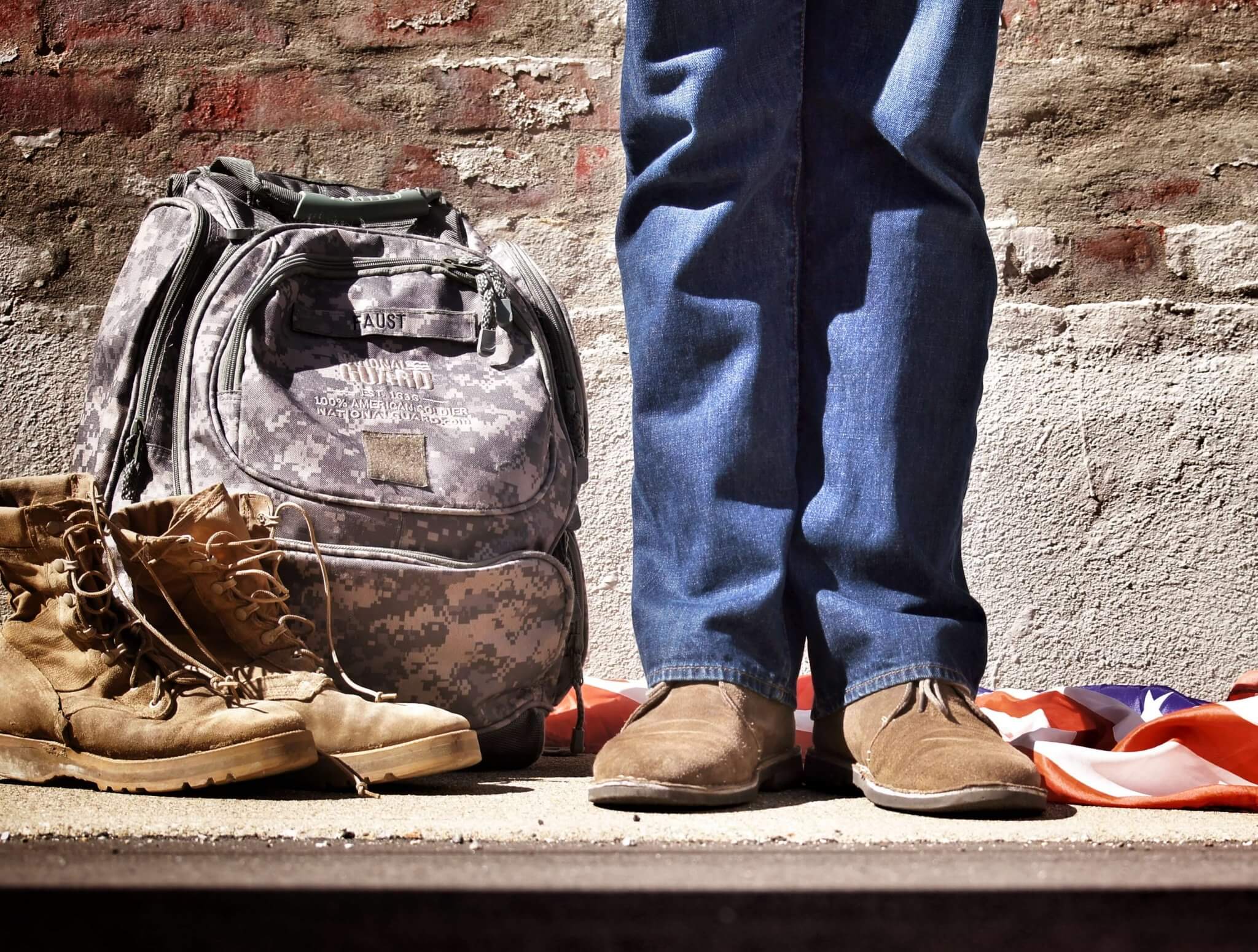Can you trust a polygraph test?

The US Customs and Border Patrol face the question of “Can you trust a polygraph test?”
By Tyson Mickelsen, Marketing —
The polygraph has been around for almost 100 years. But, can you trust a polygraph test to accurately verify the truth?
US Customs and Border Patrol
Recently, the validity of the polygraph has been in question among the US Customs and Border Patrol (CBP). As a part of the screening process, candidates are required to undergo a polygraph test. David Kirk, a Marine pilot who flew President George W. Bush and Joe Biden, failed the polygraph test including many others.
Currently, 2,000 jobs are available—mainly because applicants are “unqualified.” However, according to the CBP, the polygraph failure rate was 65% (LA Times). That’s two out of three applicants failing a polygraph test.
Other federal agencies like the FBI report lower failure rates of 30-36%. Even with those lower rates, is it low enough to fully trust a polygraph test?
How to Reach Higher Accuracy
Most polygraph tests take hours to complete. With a new lie detection solution called EyeDetect, candidates can be screened in just 30 minutes with 86% accuracy. Instead of being “hooked up” to a machine, EyeDetect uses an optical scanner to measure subtle changes in pupil dilation, fixations, and eye blinks.
Many applicants like David Kirk claimed that the Customs and Border Patrol influenced the results when the examiner repeatedly accused them. EyeDetect delivers unbiased results because participants interact with a computer and a series of yes/no questions, not the test proctor.
Better yet, EyeDetect can be combined with polygraph tests to reach 98.9% accuracy. So, can you trust a polygraph test? The answer is indeterminate, but accuracy is significantly improved with EyeDetect.
Lie detection isn’t just for Customs and Border Control. Learn how you can use EyeDetect for your organization.
Source
Photo courtesy of Benjamin Faust.

